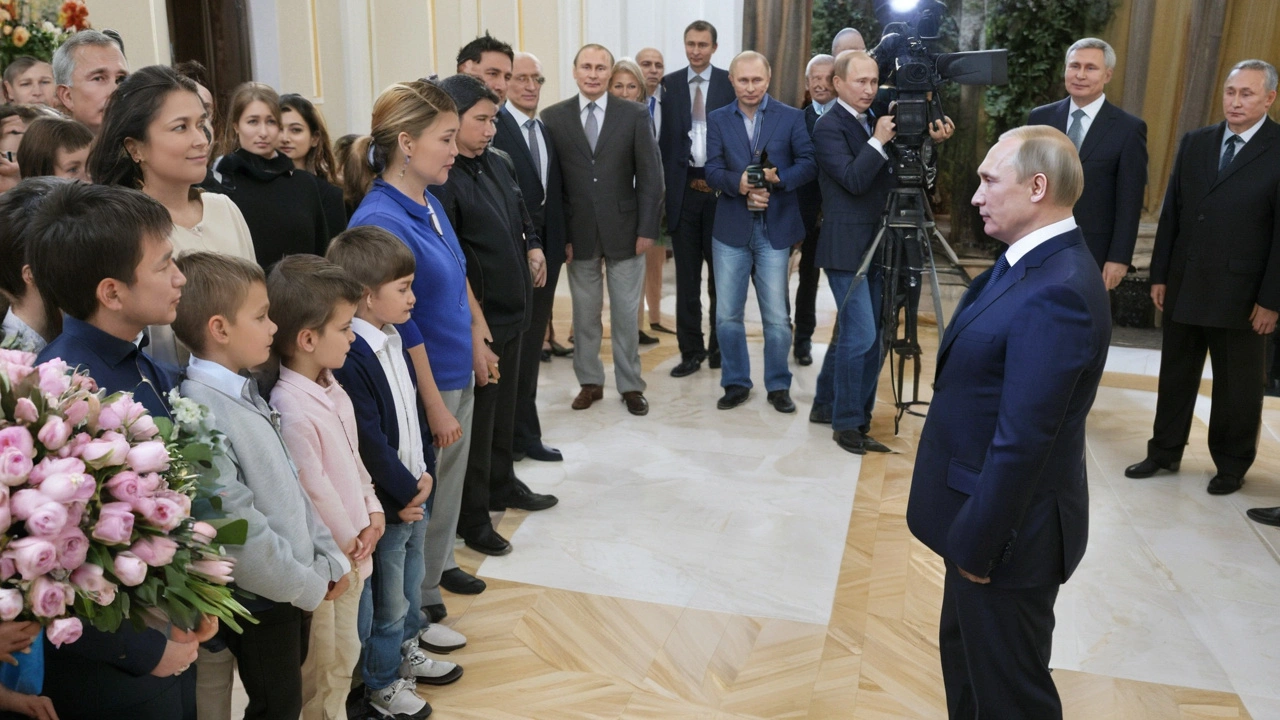Prisoner Swap: Understanding the Basics
A prisoner swap is when two or more parties exchange detainees or hostages, typically seen in conflict zones or between countries with tense relations. This swap is a practical tool to build trust and open lines of communication. Unlike regular prisoner releases, swaps are negotiated agreements where each side gives something they value, often to reduce conflict or as a step toward peace.
These exchanges aren’t just about freeing individuals; they’re strategic moves that can influence broader political or military situations. Prisoner swaps often come after long talks and can act as confidence-building exercises between competing groups or nations. For example, a swap might help ease hostilities, allowing for further negotiations or even ceasefires.
Why Prisoner Swaps Happen
Imagine two sides locked in conflict. Holding prisoners can be a leverage point. Swapping prisoners helps both to showcase goodwill without committing deeply to peace right away. Sometimes it’s a way to save face or respond to public pressure at home, showing leaders are taking steps toward resolving conflicts.
Beyond politics, swaps are about human lives. Families on both sides wait anxiously for their loved ones’ return. A swap often brings relief and hope for reconciliation among communities affected by war or unrest. It signals that, despite issues, human dignity is prioritized.
The Challenges of Prisoner Swaps
Not all swaps go smoothly. Negotiations can stall over issues like who qualifies for release or fears of releasing dangerous individuals. These talks require trust, something rare in conflict zones. Plus, public opinion can be split, especially if one side sees a swap as giving in to enemy demands.
Also, the logistics of safely transferring prisoners can be tricky, especially if geography or security risks come into play. The success of a swap depends on careful planning and often the help of neutral parties or international organizations.
In short, prisoner swaps are complex but powerful tools in conflict resolution. They blend strategy and compassion, showing that even during tough times, negotiation and humanity remain possible.
Historic US-Russia Prisoner Swap: Putin Sends a Clear Message
The US and Russia have engaged in a significant prisoner exchange, the largest since the Cold War. President Putin's warm reception of the freed Russian operatives underscores his commitment to ensuring their return and signals strong state support.
Read More
